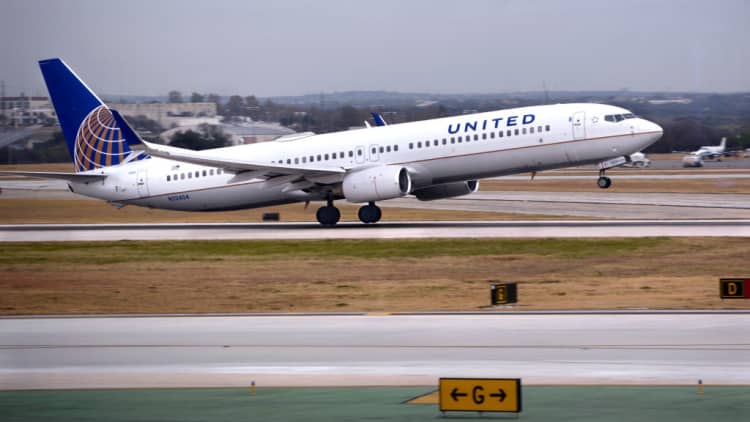More Transportation Security Administration officers, working without regular paychecks in the partial government shutdown, aren't showing up to work because they're facing financial difficulties, the agency said Thursday.
The TSA airport screeners are among the 420,000 government employees who have been deemed essential and are required to work in the shutdown, the longest ever and now in its 27th day.
The absentee rate of TSA's 51,000 workers is higher than normal and the staffing shortages have prompted airports to consolidate checkpoints, while travelers have faced long security lines at some airports, including at the world's busiest, Hartsfield-Jackson Atlanta International Airport.
Most air travelers on Wednesday waited at U.S. airport security checkpoints for 30 minutes or less, TSA said.
The agency warned that "many employees are reporting that they are not able to report to work due to financial limitations."
The officers aren't going to work because they're looking for other work, said David Borer, general counsel of the American Federation of Government Employees, which represents the TSA screeners.
"Many are looking for paid employment because they can't feed their families," Borer said, adding that major airports are particularly challenged because they are in cities with high living costs.
Pay varies by state but TSA officers make about $35,000 a year, according to the Department of Homeland Security, which runs the agency.
It is illegal for these and other workers like air traffic controllers, who are also working without pay and have sued the Trump administration for their frozen wages, to strike. But disruptions could come in subtler forms of protest such as more absences, which could cause longer lines at airports, said Jeffrey Price, a professor of aviation security at Metropolitan State University of Denver.
It could also have security repercussions, he said.
"It's hard to be at a high level of concentration when you're worried about money at home."
Borer said the longer the shutdown goes on the worse things will get.
"I would estimate we're a week or two from a real crisis," he said.

Correction: The partial government shutdown was in its 27th day on Thursday. An earlier version misstated the number of days.


